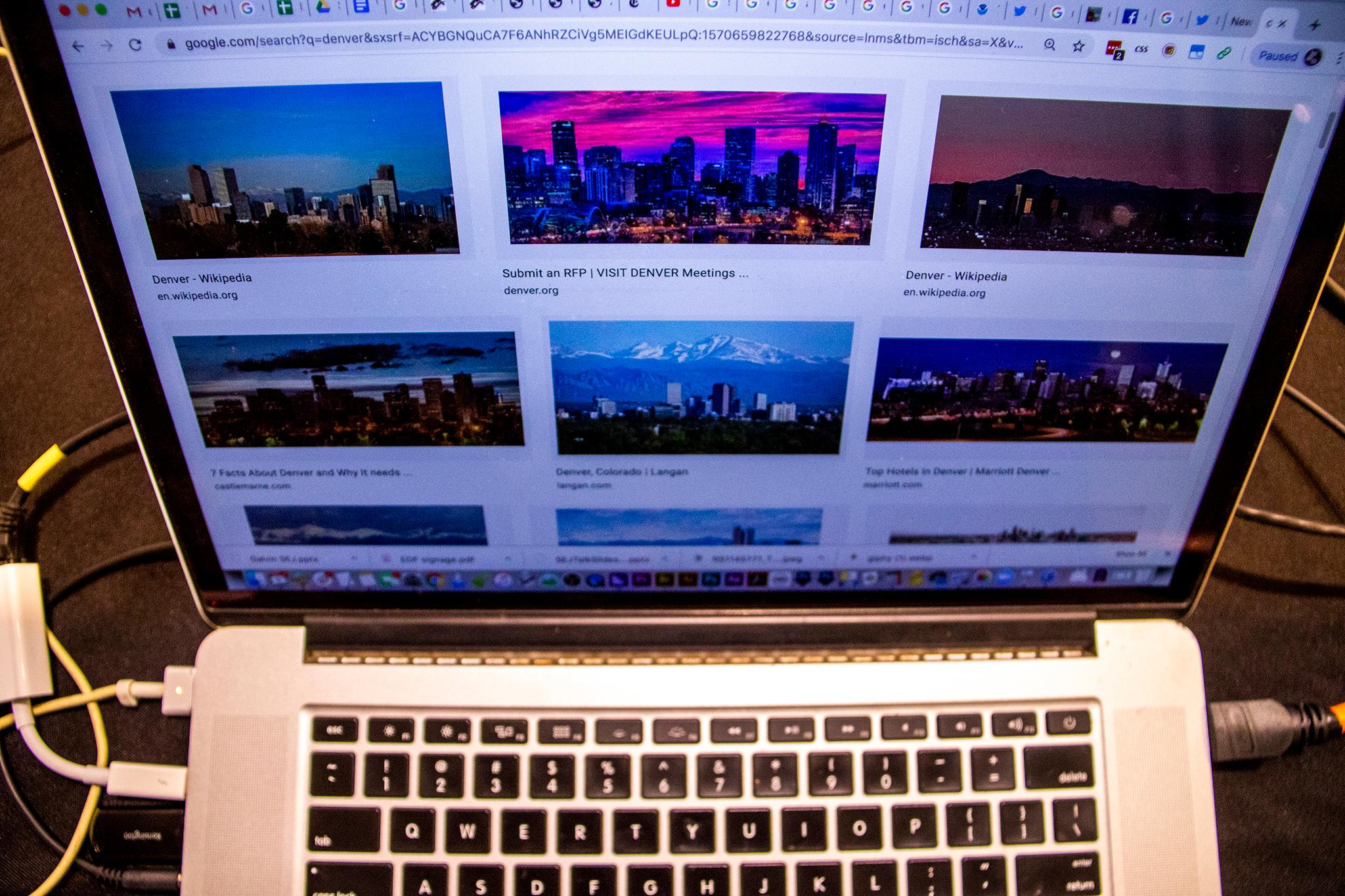UPDATE, July 20, 2020: Denverites will vote on this ballot measure in November.
During its weekly legislative meeting, the Denver City Council voted 12 to 0 to send the question to residents. City Councilwoman Debbie Ortega was absent.
Voters will decide on November 3.
To close the gap between internet haves and have-nots, Denver might get into the business of broadband, offering options beyond mainstay providers like Comcast and Centurylink.
On Tuesday, Denver City Council pushed a ballot initiative out of the Finance and Governance Committee that would exempt the city from a state law prohibiting investments by local governments in broadband services and infrastructure. If the full legislative body votes to refer the measure to voters, and if voters OK the idea in November, Denver could offer a public internet utility or partner with private companies to do so.
Councilman Paul Kashmann, who sponsored the ballot measure, framed internet as fundamental infrastructure for a city, akin to public transit. Internet access unlocks wealth and happiness, he said, but only for people who have it.
"What we find is that the access to the internet is not distributed equally across all classes and communities of people," Kashmann said. "And we think that inequity -- that digital divide -- depending on where you live or how much money you happen to have creates an inequality and access to information that is not in the best interest of our community."
Around 16 percent of Denver households lack high-speed internet, according to the most recent Census estimates, which cover 2014 through 2018. Denver Public Schools estimates that between 3,000 and 4,000 students are without internet access at home, according to a presentation from Kashmann that cites Deputy Superintendent Mark Ferrandino.
The COVID-19 pandemic has exacerbated the digital divide, said Spencer McCullough with the Denver Internet Initiative, which advocates for widespread internet access.
"The libraries are closed. So if you don't have internet access at home right now, you don't really have a voice in this city," McCullough said. "We started talking about this a year and a half ago, and now we're seeing many of the ... worst-case scenarios playing out in real life for people here. It's time that we start playing an active role in our internet infrastructure so that we don't have to go hat in hand to Comcast whenever there's a problem like this."
Comcast, which was part of a contingent that lobbied against a similar referendum in Fort Collins, dominates Denver's internet market. Jon Lehman, head of government affairs for the company, said relinquishing Denver from state restrictions won't "directly address" things like internet literacy and whether people actually need or want the internet.
"We've learned through our work and research that the cost and the choice of service providers are not the only barriers for individuals to join the online community," Lehman said. "Rather, digital literacy and the lack of perceived relevancy significantly impacts that decision."
Lehman claimed its "internet essentials" program for low-income residents has gotten 80,000 Denverites online since 2010. Kashmann likened Lehman's testimony to a commercial.
Companies like Comcast "have made millions and millions and millions of dollars off our residents for decades," Kashmann said, adding, "We're hearing a great sales pitch, but the providers are late to the party. They have done a great job connecting a lot of people but are not doing what we need done."
Just because Denver might be able to offer public broadband someday doesn't mean it will. So what might it look like?
Denver is far from the first city in Colorado to free itself from the state law -- close to 100 have opted out -- and many have taken few if any steps to offer municipal internet.
Still, other cities have set up public internet utilities, including Centennial and Fort Collins.
If voters pass the measure in November, Denver could offer municipal broadband at a cost, subsidized, or for free, but we might be getting ahead of ourselves.
"You don't hook up a house without power and water, and no one should move in without a connection right there waiting to be plugged in," Kashmann said. "As far as the exact programs to get us there, I think the options are wide open."
Kashmann's goal is to leave the next steps up to locals, he said. The city government, neighborhoods or other types of communities can study the feasibility and cost of installing the infrastructure. Or the city could partner with Comcast or other companies to make a hybrid internet provider that leverages government infrastructure to make the internet more affordable for residents.













